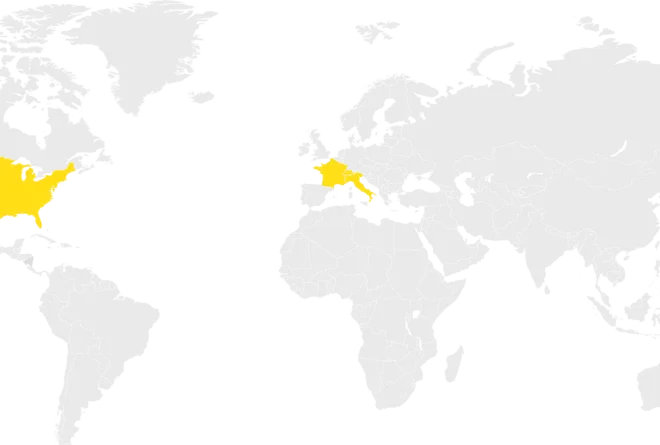News & Trends
Palm Oil – There is more to it than meets the eye

Would banning palm oil improve global sustainability? The answer is “no”, neither from an environmental perspective nor from a socioeconomic one. Palm oil has long been a powerful symbol for environmental destruction.
70% of the global palm oil is used for food, either directly as vegetable oil or as an ingredient in a large number of processed food items ranging from chocolate spread to frozen pizza. The other 30% is used in non-food industries, including biofuels and cosmetics. The question for responsible investors: Should palm oil be banned? Here, we let an expert explain why the answer is “no”. As a consequence, Globalance has engaged with leading companies to make sustainability criteria and practices for palm oil ever more stringent. Also, we follow the development of alternatives via precision fermentation closely.
«A ban would not improve sustainability, neither from environmental nor from socioeconomic perspectives. But improved sustainability policies are definitely required.»
Matin Qaim, Professor of Agricultural Economics and Rural Development, University of Goettingen, Germany
What is it about
Palm oil has long been a powerful symbol for environmental destruction. Think images of baby-orangutans or chainsaws in pristine tropical forests. Palm oil has also long been one of the most controversial issues food and cosmetics companies are confronted with. Regulators around the world have been contemplating to ban palm oil altogether. Current efforts of best practice have not been effective enough. Business-NGO-partnerships, such as the Roundtable on Sustainable Palmoil, RSPO, are routinely criticized for not having real enforcement mechanisms. Here, we present a short article which shows why a ban on palm oil is not the best way forward. First, banning palm oil would mean that the demand for vegetable oil would have to be met through a higher production of other oil crops, such as soybean, sunflower, or rapeseed. This would require much more land, as oil palm produces 3-4 times more vegetable oil per hectare than any of these other crops. Hence, replacing palm oil with other vegetable oils would lead to even higher losses of forest and other natural habitats. Second, over 40% of the total palm oil land is managed not by large companies but by small family farms with average landholdings of less than five hectares. Research indicates that these smallholder farmers benefit significantly from cultivating this crop.
Why is this important
Palm oil is an important “tall-tale” for issues such as climate change, loss of biodiversity and poverty. To address this global challenge, principles of sustainable palm oil-practices and their enforcement need to be strengthened. Responsible investors will only include firms in their portfolios that adhere to such principles and lead systems-change in their respective value-chains.
The Globalance View
Palm oil is another perfect example illustrating the complexities of local, regional and global issues around widely used commodities. As informed, responsible investors Globalance advocates transparency, accountability and positive impacts. We therefore invest only in projects, funds or companies, that have a solid track record of industry leadership. They will deliver the financial and technical resources needed to improve entire value chains at scale.
Furthermore, we also follow developments in precision fermentation closely: some companies are developing new forms of microorganisms (yeast) to produce palmitic acid, the primary component of palm oil, in batches that take days to produce, using sugar from food and agricultural waste. If this can be brought to scale, such bottom-up ‘creation-based’ method of oil production could be significantly better vor the environment and cheaper than palm oil from industrial agriculture.
Be part of the solution and stay informed with the Futuremover magazine. Subscribe now for free and shape the future!



